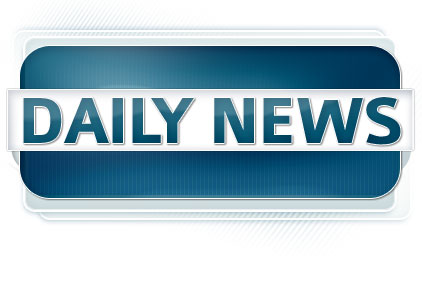The drink promotion which has raised the ire of Margaret McCartney concerns neither Buckfast nor strong cheap cider – nor indeed does it contain any alcohol at all. Rather, she has turned her fire on water.
Writing in the British Medical Journal, McCartney has denounced the recommendation to drink six to eight glasses of water per day to prevent dehydration as “not only nonsense, but thoroughly debunked nonsense.”
Anyone who has worked in an office has seen the increasingly large bottles of water as regular fixtures on people’s desks. However, McCartney says there is no clear evidence of benefit from drinking increased amounts of water, although the “myth” that “we-don’t-drink-enough-water” has endless advocates, including the NHS.
She criticizes the NHS Choices website for perpetuating this and wonders at schools which insist that pupils are accompanied to school by a water bottle.
She also warns that many of the messages promoting the policy – and the research used to back it up – have come from those with vested interest, including marketers of bottled waters.
She cites the campaign Hydration for Health, which recommends taking 1.5-2 liters of water daily as “the simplest and healthiest hydration advice you can give” and says that “even mild hydration plays a role in the development of various diseases.” Hydration for Health was created by the French food company Danone, whose products include Volvic and Evian bottled water.
McCartney argues that there is no high-quality evidence to support these claims and says there are studies which show no clear evidence of benefit from drinking increased amounts of water and which suggest there may even be unintended harms attached to an enforcement to drink more water.
“It would seem, therefore, that water is not a simple solution to multiple health problems,” she writes.
She quotes a paper from 2002, published in the American Journal of Physiology, which looked at the evidence around drinking increased amounts of water to prevent dehydration. “He concluded that ‘not only is there no scientific evidence that we need to drink that much, but the recommendation could be harmful, both is precipitating potentially dangerous hyponatremia [an electrolyte imbalance where the body’s concentration of sodium is too low] and exposure to pollutants and also in making many people feel guilty for not drinking enough.’”
An editorial in the Journal of the American Society of Nephrology, published in 2008, reached much the same conclusion, writes McCartney.
Although she accepts that children in school should have access to water when they are thirsty, McCartney disputes the suggestion (reported by the BBC in 2000) that increased water intake led to an improvement in test results. “The research has not been published in a peer reviewed journal, and the water intervention seems to have been part of a raft of changes in school,” she says, adding that data relating water drinking to better weight control in children were prone to bias.
There are some conditions that do benefit from drinking more water, such as recurrent kidney stones, but other evidence for preventing disease is conflicting. In other words, it’s a complex situation not easily remedied by telling everyone to drink more.
“There are many organisations with vested interests who would like to tell doctors and patients what to do,” McCartney concludes. “We should just say no.”
From the July 13, 2011,Prepared Foods' Daily News
